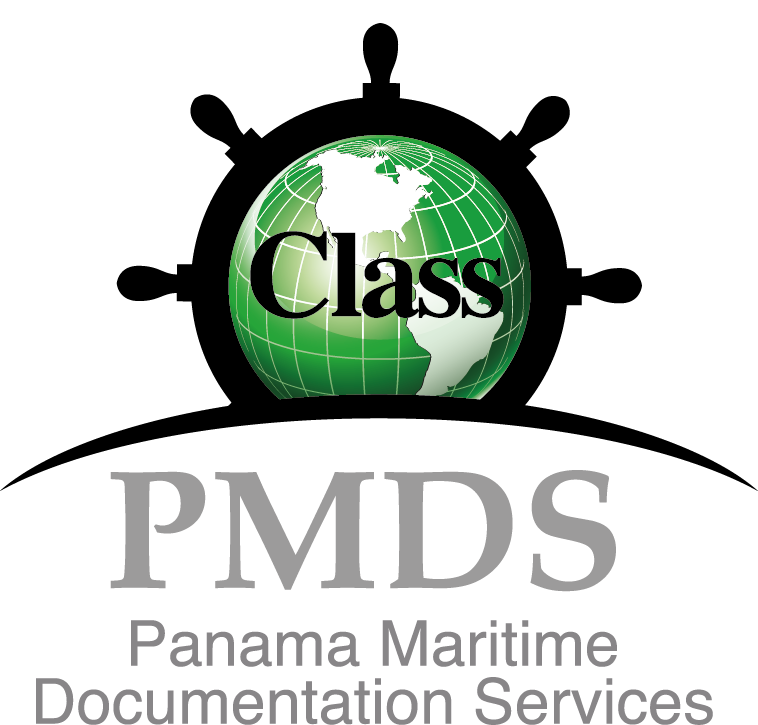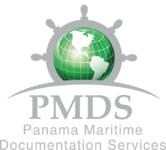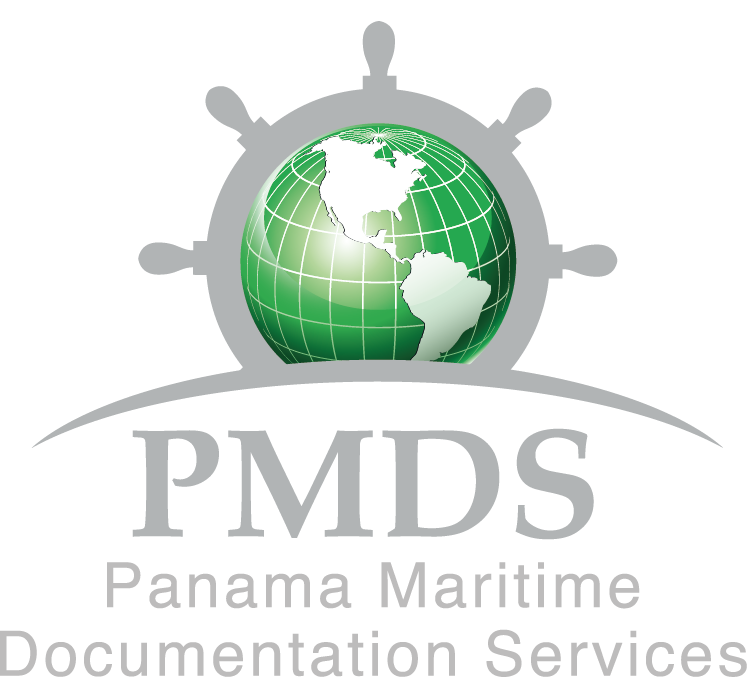III Session 10 – July 22-26, 2024 – Sub-Committee on Implementation of IMO Instruments (formerly FSI)
III 10 took place 22 – 26 July 2024 at the IMO in London.
Below is a brief overview of some of the significant outcomes from III 10:
- III 10 made progress on Phase 2 of developing the draft Guidance on assessments and applications of remote surveys, ISM Code audits and ISPS Code verifications, and the associated draft MSC-MEPC circular. III agreed that interim, initial, renewal and additional DOC (Document of Compliance) ISM audits should be in person, except for interim DoC audits adding a new ship type, where remote methods may be considered, and remote ISPS verifications should be limited to extraordinary circumstances due to the sensitive nature of the information. An intersessional correspondence group has been tasked to finalize the draft guidance by next III session, for expected adoption at Assembly 34 (December 2025).
- III 10 continued working on the draft amendments to the Survey Guidelines under the Harmonized System of Survey and Certification (HSSC) 2023, Resolution A.1186(33). The draft revision will incorporate relevant survey requirements for mandatory instruments that will enter into force up to and including 31 December 2025, as well as amendments to SOLAS with the four-year cycle of entry into force. The revised guidelines are expected to be finalized at III 11 for adoption at Assembly 34 (December 2025), with an anticipated entry into force on 1 January 2026.
- III 10 continued discussions on proposed draft amendments to the “Procedures for Port State Control 2023” (Resolution A.1185(33)). The agreed draft amendments include developing PSC Guidelines on control and compliance measures to enhance maritime security, with the aim of including it as a new appendix to the Procedures of PSC, 2023. Additionally, draft amendments to appendix 2, 8, 9, 11, 18 of the Procedures of PSC, 2023 were agreed, to have a single source for detainable deficiencies to ensure consistent guidance on ship detentions.
- Interim guidance to assist in the implementation of the Cape Town Agreement
- The 2012 Cape Town Agreement (CTA) is the global treaty for safety of fishing vessels.
- The Sub-Committee approved the draft MSC resolution on Interim Guidance to assist competent authorities in the implementation of the CTA with a view to submitting to the next session of the Maritime Safety Committee (MSC 109) for consideration and adoption, as appropriate.
- As of today, there are 22 Contracting States to the 2012 Cape Town Agreement, fulfilling one of the criteria for entry into force of the Agreement, with an aggregate number of 2,636 fishing vessels of 24 meters and over in length, operating on the high seas declared. The other criterion will have been fulfilled with 3,600 fishing vessels declared with further accessions.
- Analysis of marine safety investigation reports
- The Sub-Committee reviewed the analysis of 37 investigation reports of marine casualties submitted by Member State Administrations over the last five years.
- The investigation reports analyzed covered severe casualty incidents, including occupational accidents, fires and explosions, collisions, capsizing and equipment failures. Administrations identified a range of lessons learned from each of these incidents, pertaining to planning and procedures, risk assessments, fire hazards, hardware design and operations, safety culture and awareness on ships, and management factors, among others.
- Recommendations for the prevention of collisions with fishing vessels
- The Sub-Committee agreed to a draft MSC circular on Recommendations to national Administrations to prevent collisions with fishing vessels, with a view to submitting to MSC 109 in December 2024 for consideration and approval, as appropriate.
- The draft MSC circular was developed based on analysis of more than 300 collisions between fishing vessels and commercial ships, which indicated that less than 20% of the fishing vessels involved were carrying a working AIS or VHF at the time of the collision, making communication between vessels difficult.
- Considering the number of collisions between fishing vessels and commercial ships, Member States are encouraged to establish or expand rules/regulations for the carriage and use of AIS and VHF by domestic fishing vessels, taking into consideration the availability of both class A and class B AIS units, and the guidelines contained in MSC.1/Circ.803/Rev.1 dated 16 May 2022 for all non-SOLAS ships.
- Draft revised Model Course 3.09 on PSC
- The Sub-Committee made considerable progress on the draft revised Model Course 3.09 on port State control. The model course is expected to finalize and validated at the next session of the Sub-Committee, in July 2025 (III 11).
- Analysis of consolidated audit summary reports
- The Sub-Committee considered the analysis of six consolidated audit summary reports (CASRs) from 82 audits conducted by the Secretariat between 2016 and 2022, to identity areas where assistance could be provided to Member States through IMO’s technical cooperation, as well as the provisions for review of the appropriateness and effectiveness by relevant IMO organs.
-
- The analysis of the observations/findings from the 82 audits shows that 42% of the findings are in the area of flag State responsibilities and obligations, followed by the Common Areas (27%), Coastal States (16%), and Port States (15%).
Source IMO
For additional information contact us : corporate@panamamaritime.com

 (507) 6780-7942
(507) 6780-7942
